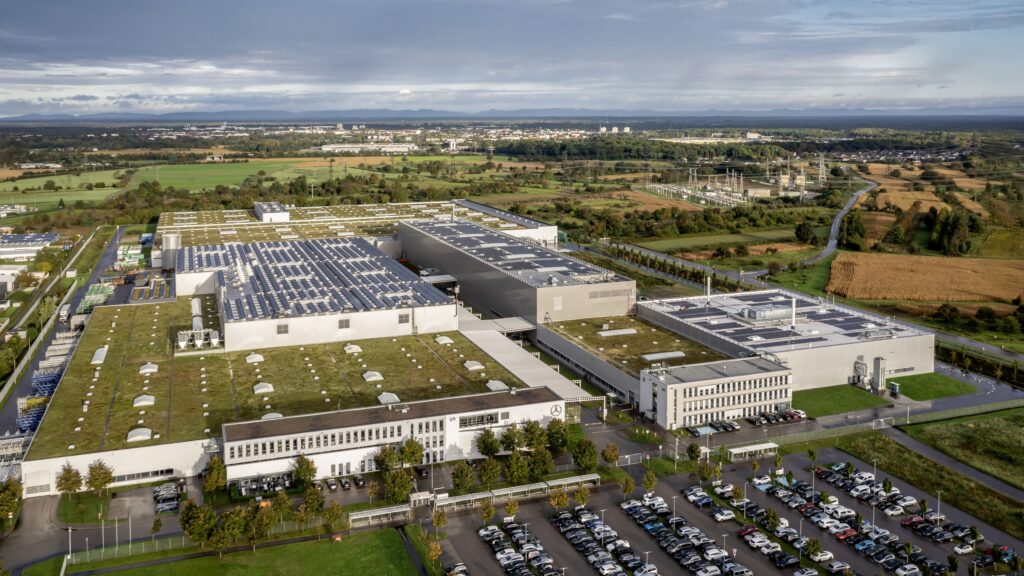Mercedes-Benz has opened a new battery recycling plant, which it says is Europe’s first to use an integrated mechanical-hydrometallurgical process. The company has invested tens of millions of euros in the construction of the plant.

The site is located in Kuppenheim in southern Germany and is expected to have a material recovery rate of 96% – recovering lithium, nickel and cobalt from all-electric Mercedez-Benz vehicles.
It has an annual capacity of 2,500 tonnes which is expected to contribute to the production of more than 50,000 battery modules.
Ola Källenius, chairman of the board of management of Mercedes-Benz, said: “Mercedes-Benz has set itself the goal of building the most desirable cars in a sustainable way. As a pioneer in automotive engineering, Europe’s first integrated mechanical-hydrometallurgical battery recycling factory marks a key milestone towards enhancing raw-materials sustainability.
“Together with our partners from industry and science, we are sending a strong signal of innovative strength for sustainable electric mobility and value creation in Germany and Europe.”
Integrated mechanical-hydrometallurgical recycling
The integrated mechanical-hydrometallurgical recycling process covers all steps from shredding battery modules to drying and processing active battery materials.
The mechanical process sorts and separates plastics, copper, aluminium and iron in a multi-stage process.
The downstream hydrometallurgical process is dedicated to the “black mass” which are the active materials that make up the electrodes of the battery cells.
‘Keeping Germany as a cutting-edge market’
Olaf Scholz, federal chancellor of the Federal Republic of Germany, commented: “The future of the automobile is electric, and batteries are an essential component of this.
“To produce batteries in a resource-conserving and sustainable way, recycling is also key. The circular economy is a growth engine and, at the same time, an essential building block for achieving our climate targets!”